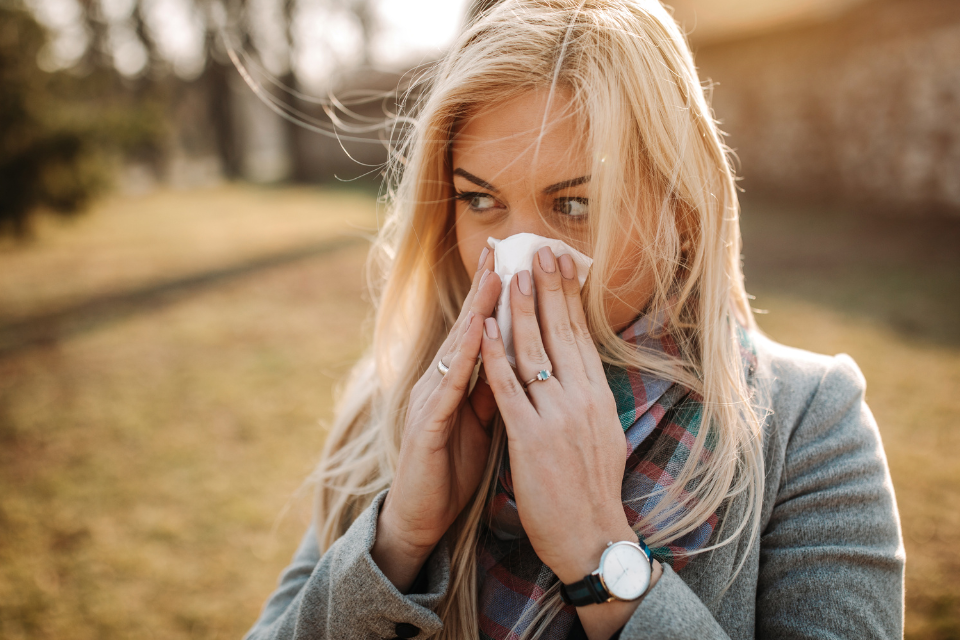This Friday (21st), winter officially begins, bringing with it not only the cold characteristic of this season, but also an increase in cases of respiratory allergies. For those who suffer from these conditions, the concern is even greater, because winter allergies can cause significant discomfort and affect quality of life.
Otolaryngologist Stenio Ponti explains that the cold, along with the dry climate, contribute greatly to the occurrence of this allergy. “In the winter of Brasilia, we have a specific characteristic, because in addition to the cold climate, it is also very dry. This greatly worsens the chances of developing respiratory allergies,” explains the doctor.
During the winter, people tend to spend more time indoors, where they are exposed to allergens such as dust mites, mold, and pet dander. These allergens can trigger allergic responses in susceptible individuals. “The most prominent diseases are allergic rhinitis, allergic sinusitis, pharyngitis, and bronchitis. They are all caused by respiratory allergens, which are more evident in the winter, and we end up coming into contact with them more on the mucous membranes of the system.” Respiratory,” explains specialist Stenio Ponti.
Symptoms of winter allergies include sneezing, runny nose, nasal congestion, cough, and itchy eyes. In more serious cases, breathing difficulties and asthma attacks may occur. To treat these symptoms, there are several options, from allergy medications and decongestants, to immunotherapy and using humidifiers to improve indoor air quality.
protection
To prevent this allergy, Dr. Stenio Ponti recommends some simple and effective measures. “Prevention involves increasing fluid intake, using nasal moisturizers efficiently, eating well, maintaining regular physical activity and using the influenza vaccine, especially for older adults, health care professionals and children,” he notes.
Furthermore, it emphasizes the importance of continuous prevention. “The ideal is to take care of your health, not your illness. So there is no need to wait until you are sick to seek out a specialist, especially for those who have a history of these problems in the winter.”
With these tips and precautions, it is possible to reduce the effects of respiratory allergies during the winter and enjoy the season in a healthier and more peaceful way.

“Wannabe internet buff. Future teen idol. Hardcore zombie guru. Gamer. Avid creator. Entrepreneur. Bacon ninja.”

